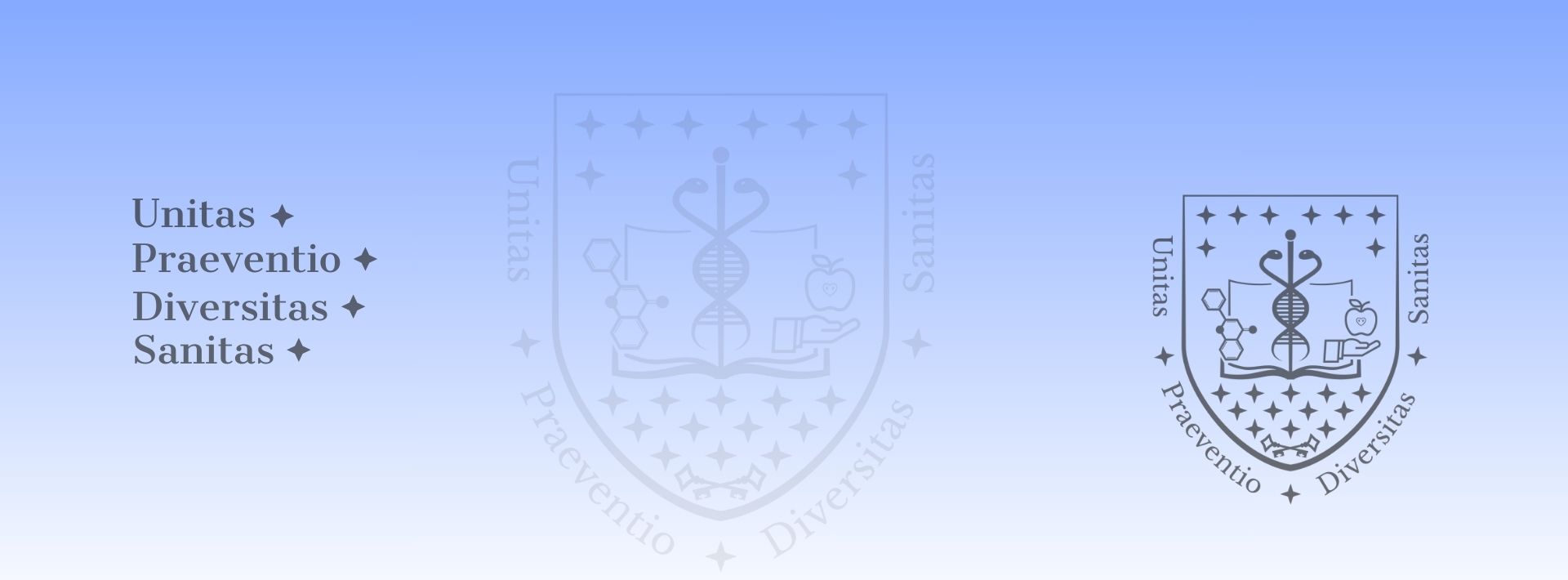Data
Official data in SubjectManager for the following academic year: 2024-2025
Course director
-
Kiss István Zoltán (Népeg)
professor,
Department of Public Health Medicine -
Number of hours/semester
lectures: 0 hours
practices: 0 hours
seminars: 12 hours
total of: 12 hours
Subject data
- Code of subject: OAF-VEG-T
- 1 kredit
- General Medicine
- Optional modul
- autumn
-
Course headcount limitations
min. 5 – max. 24
Available as Campus course for . Campus-karok: BTK GYTK TTK
Topic
The impact of religiousness on health is scarcely debatable. On the other hand, impaired health status or struggle with diseases can influence our spirituality and even our religiousness. The aim of this course is to demonstrate the multifaceted and diverse relationship between religiousness and health. After defining religiousness and health possibilities of measurement will be discussed. Finally, connections between different dimensions of religiousness and health as well as potential mechanisms will be presented.
Lectures
Practices
Seminars
- 1. Faith, religion, religious affiliation, and health. Introduction and research history - Bőszné Murányi Edit
- 2. Concepts of disease and health. Health determinants. Social determinants of health - Bőszné Murányi Edit
- 3. Measurement of health status (morbidity, mortality, life expectancies, subjective health) - Bőszné Murányi Edit
- 4. Multidimensional approaches to religiousness - Bőszné Murányi Edit
- 5. How to measure religiousness? - Bőszné Murányi Edit
- 6. Religious affiliation as a potential social determinant of health - Bőszné Murányi Edit
- 7. The role of religious community in health status - Bőszné Murányi Edit
- 8. Health behaviour and health culture in different religions - Bőszné Murányi Edit
- 9. Connection between spirituality, private religiousness, and health - Bőszné Murányi Edit
- 10. Religiousness and mental health. The role of religion in mental disorders - Bőszné Murányi Edit
- 11. Religiousness and physical health: the role of religiousness in the development of non-infectious diseases; the role of chronic non-infectious diseases in religiousness - Bőszné Murányi Edit
- 12. Religion and use of health services - Bőszné Murányi Edit
Reading material
Obligatory literature
Literature developed by the Department
Notes
Recommended literature
Koenig HG. Religion, spirituality, and health: the research and clinical implications. ISRN Psychiatry. 2012 Dec 16;2012:278730. doi: 10.5402/2012/278730.
Hall DE, Meador KG, Koenig HG. Measuring religiousness in health research: review and critique. J Relig Health. 2008 Jun;47(2):134-63. doi: 10.1007/s10943-008-9165-2.
Zachary Zimmer, Florencia Rojo, Mary Beth Ofstedal, Chi-Tsun Chiu, Yasuhiko Saito, Carol Jagger, Religiosity and health: A global comparative study. SSM - Population Health. Volume 7, 2019. https://doi.org/10.1016/j.ssmph.2018.11.006.
Conditions for acceptance of the semester
-
Mid-term exams
Students report on their knowledge on the ending seminar. The exam - depending on the number of students - is a multiple choice test or an oral presentation about a topic.
Making up for missed classes
There are no make-upe classes.
Exam topics/questions
Students report on their knowledge on the ending seminar. The exam - depending on the number of students - is a multiple choice test or an oral presentation about a topic.
List of topics:
1. Concepts of disease and health. Health determinants
2. Social determinants of health
3. Measurement of health status (morbidity, mortality, life expectancies, subjective health)
4. Multidimensional approaches to religiousness. Measurement of religiousness
5. Religious affiliation as a potential social determinant of health
6. The role of religious community in health status
7. Health behaviour and health culture in different religions
8. Connection between spirituality, private religiousness, and health
9. Religiousness and mental health
10. Religiousness and physical health
Examiners
Instructor / tutor of practices and seminars
- Bőszné Murányi Edit
